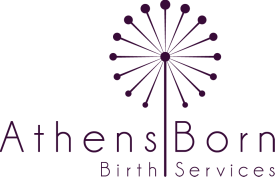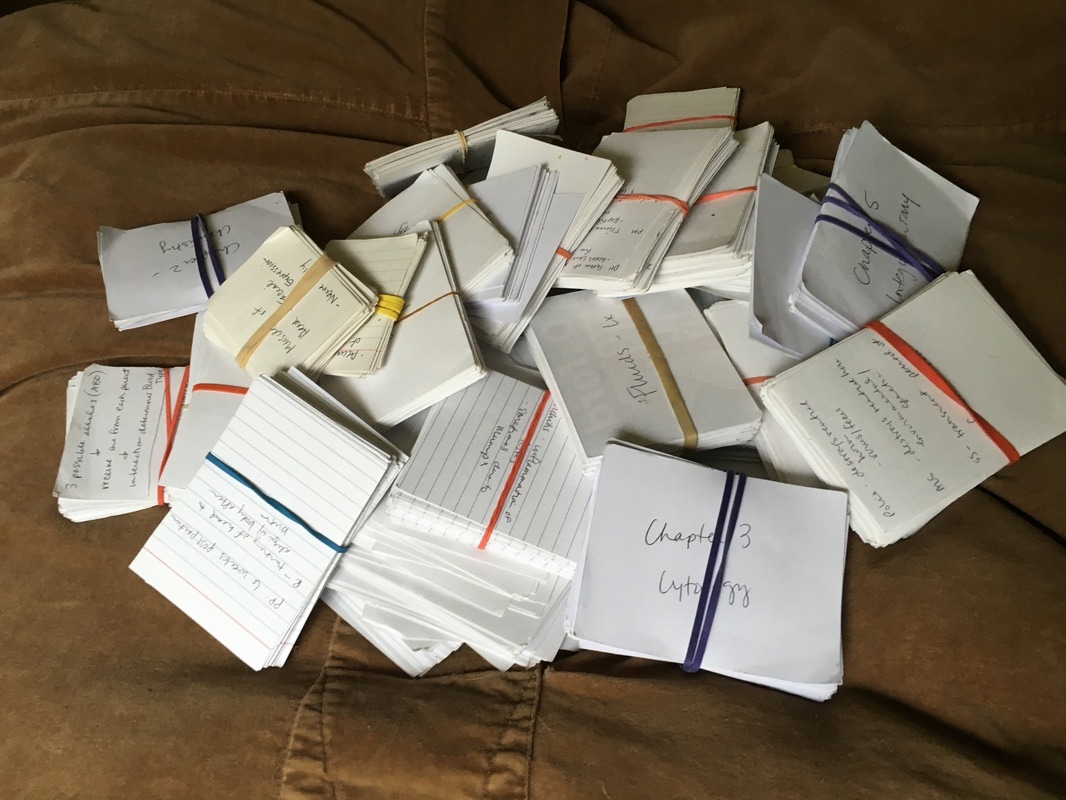The different credentials of breastfeeding supporters can often be confusing to parents. So here at AthensBorn, we wanted to offer some guidelines on deciphering the alphabet soup of lactation. Ok, really we just have one guideline to offer...
ASK.
That’s it! That’s our gem of wisdom. Ask what an individual's accreditation means and what kind of education and training it took to achieve. The reason this is necessary is because the field of lactation support is almost completely unregulated. Any person who wants to can hang up a shingle outside their door and start offering to help breastfeeding parents. New certifying organizations are coming out and each brings their own new credential. It’s great that access to breastfeeding support is increasing, but it can be really confusing for the parent/consumer who’s trying to figure it all out.
It's important to know which support person is the best match for your needs. Here’s a summary to break down the basics of the different types of support, including peer-to-peer, community supporters, and IBCLCs.
Peer to Peer Groups
This is truly the oldest, longest-running kind of support. From the beginning of time, women have supported other women in breastfeeding. Leaders in these groups have personal breastfeeding experience and have spent time with others in their communities, in addition to receiving specialized education and training. These groups are invaluable to new parents and are definitely a great starting point for anyone, regardless of whether or not they’re experiencing problems. Simply being around other new parents can make a world of difference. Great examples of peer to peer support can be found through…
La Leche League
Black Mothers Breastfeeding Association
Breastfeeding USA
WIC Peer Counselors
Milk Junkies
Community Supporters
This is the trickiest group to navigate (as a consumer) since there are so many organizations that hand out their own letters. Some examples you might see are CBS, CLC, CLS. Typically these credentials are earned through a course on lactation-specific topics, consisting of somewhere in the neighborhood of 45 hours. Some are less, some are more. Most of these courses require no personal experience or hands-on training alongside an experienced professional, though some individuals do seek out extra mentoring on their own. Some community supporters may have no letters next to their name, but have gained wisdom and experience through years of hands-on support for others in their communities or through an apprentice model of learning. The bottom line here is there’s really no way to know how much education and training someone in the role of community supporter has without researching the specific organization they trained with. or asking questions. So just ask! Most individuals are happy to share their background, education and training with you! And, if they're not....well, that's sketchy.
IBCLC (Internationally Board-Certified Lactation Consultant)
This is the only international accreditation offered in the field of lactation support on a professional/clinical level. What does this mean for parents? It means....if you are seeing an IBCLC, you can be certain that their education and training included the following:
*Completing 14 specific college/university courses in Health Sciences (from IBLCE.org)
*Completing a minimum of 90 hours of lactation-specific education
*Working between 300-1000 clinical hours (hands-on experience)
*Successfully passing the IBCLC exam
They will also probably have totally buff arm muscles from carrying around approximately 3-5 lbs of study materials everywhere they went for over two years. And, it’s possible they could heat their homes for a full winter by burning old note cards from school. No? Was that just me?
ASK.
That’s it! That’s our gem of wisdom. Ask what an individual's accreditation means and what kind of education and training it took to achieve. The reason this is necessary is because the field of lactation support is almost completely unregulated. Any person who wants to can hang up a shingle outside their door and start offering to help breastfeeding parents. New certifying organizations are coming out and each brings their own new credential. It’s great that access to breastfeeding support is increasing, but it can be really confusing for the parent/consumer who’s trying to figure it all out.
It's important to know which support person is the best match for your needs. Here’s a summary to break down the basics of the different types of support, including peer-to-peer, community supporters, and IBCLCs.
Peer to Peer Groups
This is truly the oldest, longest-running kind of support. From the beginning of time, women have supported other women in breastfeeding. Leaders in these groups have personal breastfeeding experience and have spent time with others in their communities, in addition to receiving specialized education and training. These groups are invaluable to new parents and are definitely a great starting point for anyone, regardless of whether or not they’re experiencing problems. Simply being around other new parents can make a world of difference. Great examples of peer to peer support can be found through…
La Leche League
Black Mothers Breastfeeding Association
Breastfeeding USA
WIC Peer Counselors
Milk Junkies
Community Supporters
This is the trickiest group to navigate (as a consumer) since there are so many organizations that hand out their own letters. Some examples you might see are CBS, CLC, CLS. Typically these credentials are earned through a course on lactation-specific topics, consisting of somewhere in the neighborhood of 45 hours. Some are less, some are more. Most of these courses require no personal experience or hands-on training alongside an experienced professional, though some individuals do seek out extra mentoring on their own. Some community supporters may have no letters next to their name, but have gained wisdom and experience through years of hands-on support for others in their communities or through an apprentice model of learning. The bottom line here is there’s really no way to know how much education and training someone in the role of community supporter has without researching the specific organization they trained with. or asking questions. So just ask! Most individuals are happy to share their background, education and training with you! And, if they're not....well, that's sketchy.
IBCLC (Internationally Board-Certified Lactation Consultant)
This is the only international accreditation offered in the field of lactation support on a professional/clinical level. What does this mean for parents? It means....if you are seeing an IBCLC, you can be certain that their education and training included the following:
*Completing 14 specific college/university courses in Health Sciences (from IBLCE.org)
- Biology
- Human Anatomy
- Human Physiology
- Infant and Child Growth and Development
- Nutrition
- Psychology/Counseling/Communication Skills
- Introduction to Research
- Sociology/Cultural Sensitivity/Anthropology
- Basic life support
- Medical documentation
- Medical terminology
- Occupational safety and security for health professionals
- Professional ethics for health professionals
- Universal safety precautions and infection control
*Completing a minimum of 90 hours of lactation-specific education
*Working between 300-1000 clinical hours (hands-on experience)
*Successfully passing the IBCLC exam
They will also probably have totally buff arm muscles from carrying around approximately 3-5 lbs of study materials everywhere they went for over two years. And, it’s possible they could heat their homes for a full winter by burning old note cards from school. No? Was that just me?
Bottom line is, IBCLC is one credential where you have a baseline understanding of the depth and breadth of the professional’s education and training, no matter where in the world they practice. This is the person you can seek out for any breastfeeding issue, but certainly the one you should seek out for issues that persist, involve complications or concerns about weight gain, or anything that requires close monitoring of your baby.
Local hospitals are often a great place to find skilled IBCLCs and our community is no exception. Of course, we have an IBCLC right here at AthensBorn Birth Services, but we’re also proud to work alongside and learn from other amazing professionals in our community.
See that? A breastfeeding support person to fit every need! Aren’t we lucky to be living here in Athens, GA?
Take care,
Kate
Local hospitals are often a great place to find skilled IBCLCs and our community is no exception. Of course, we have an IBCLC right here at AthensBorn Birth Services, but we’re also proud to work alongside and learn from other amazing professionals in our community.
See that? A breastfeeding support person to fit every need! Aren’t we lucky to be living here in Athens, GA?
Take care,
Kate



 RSS Feed
RSS Feed

